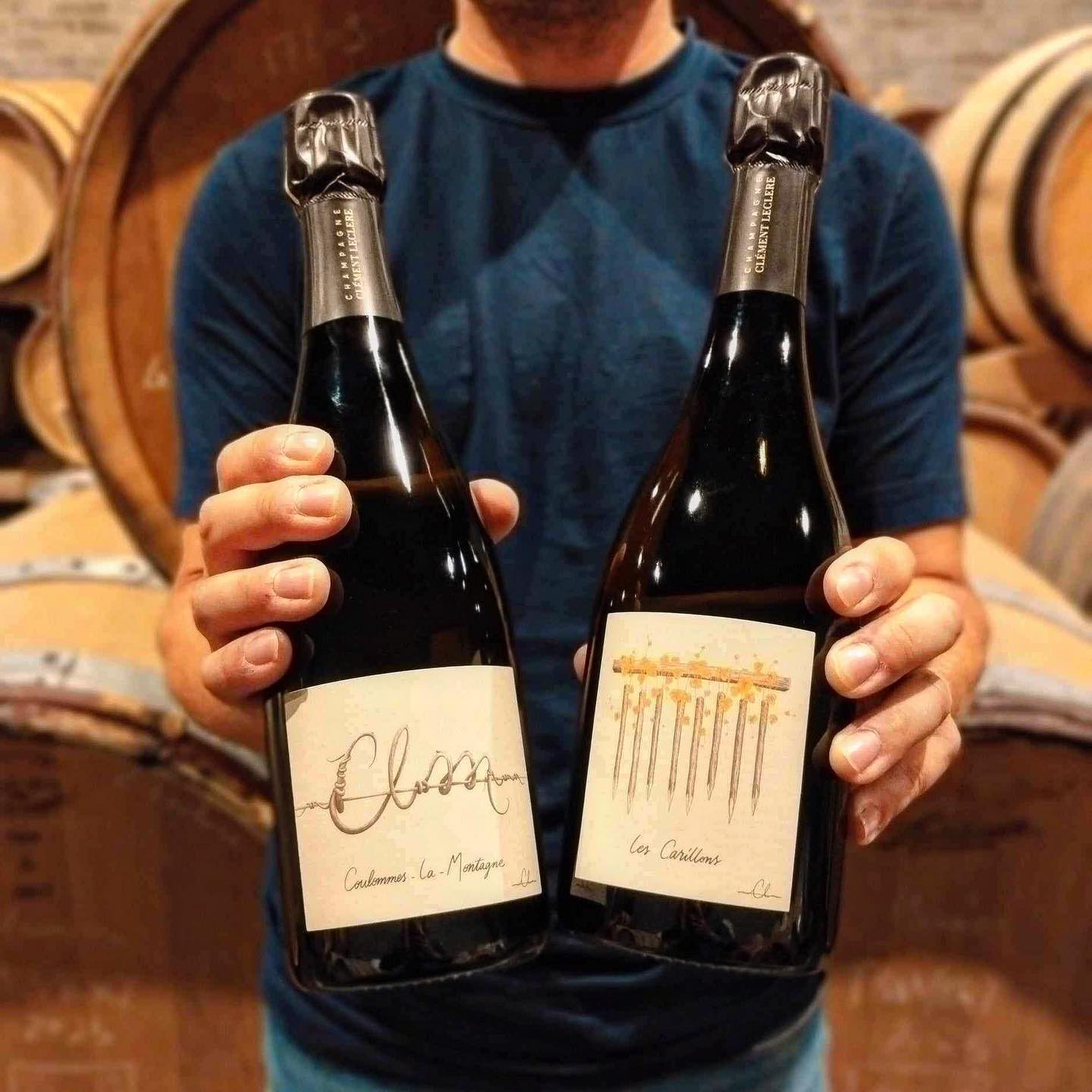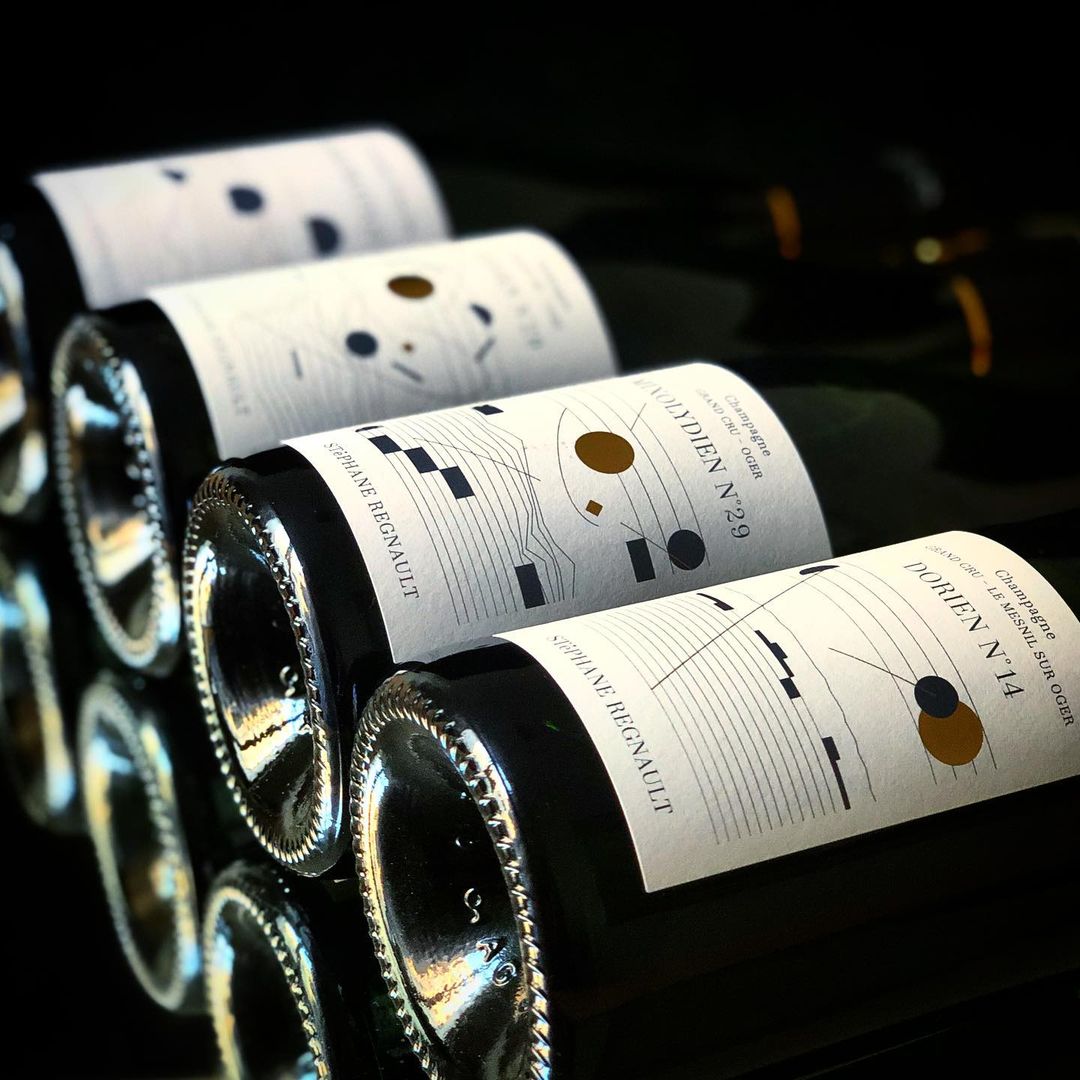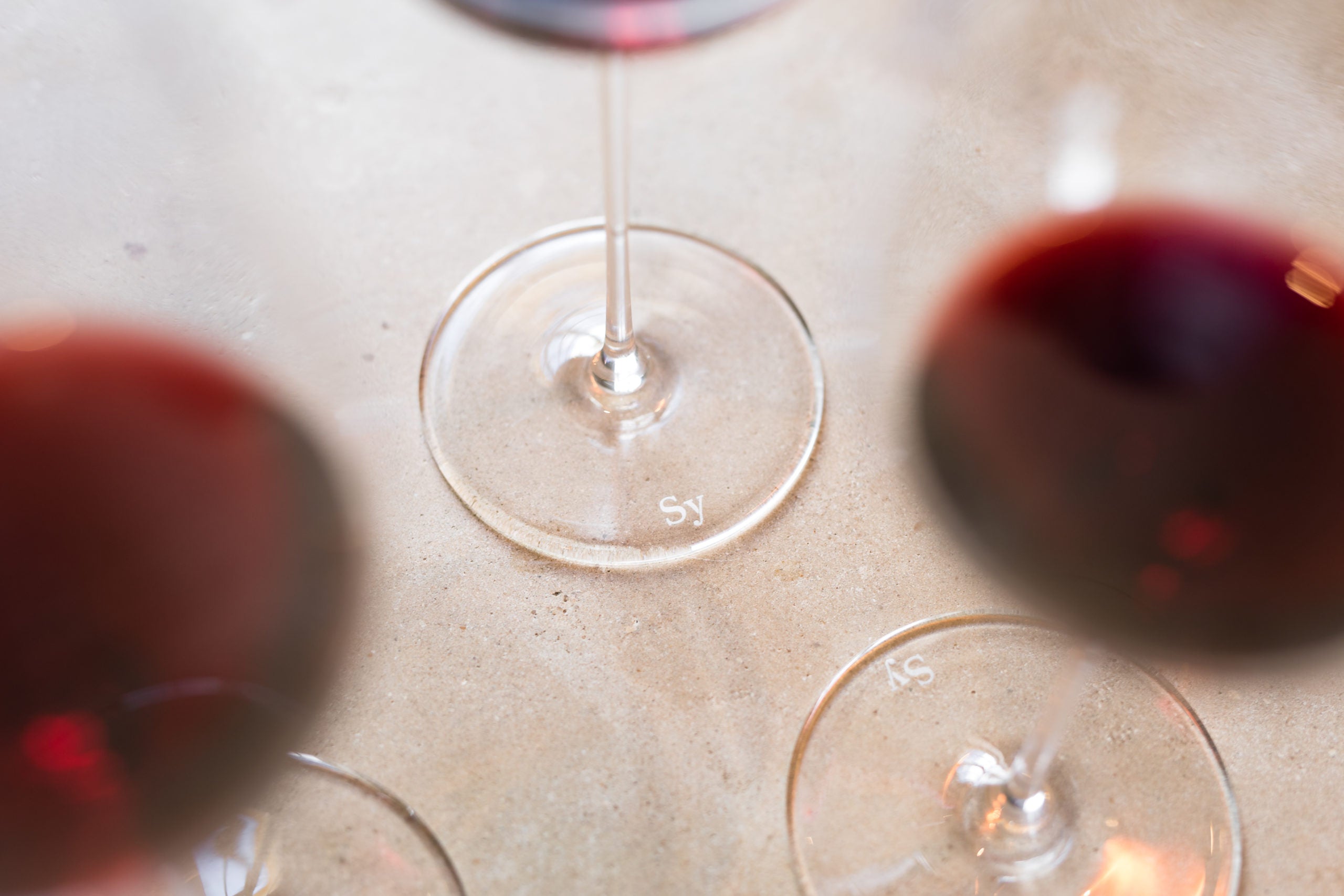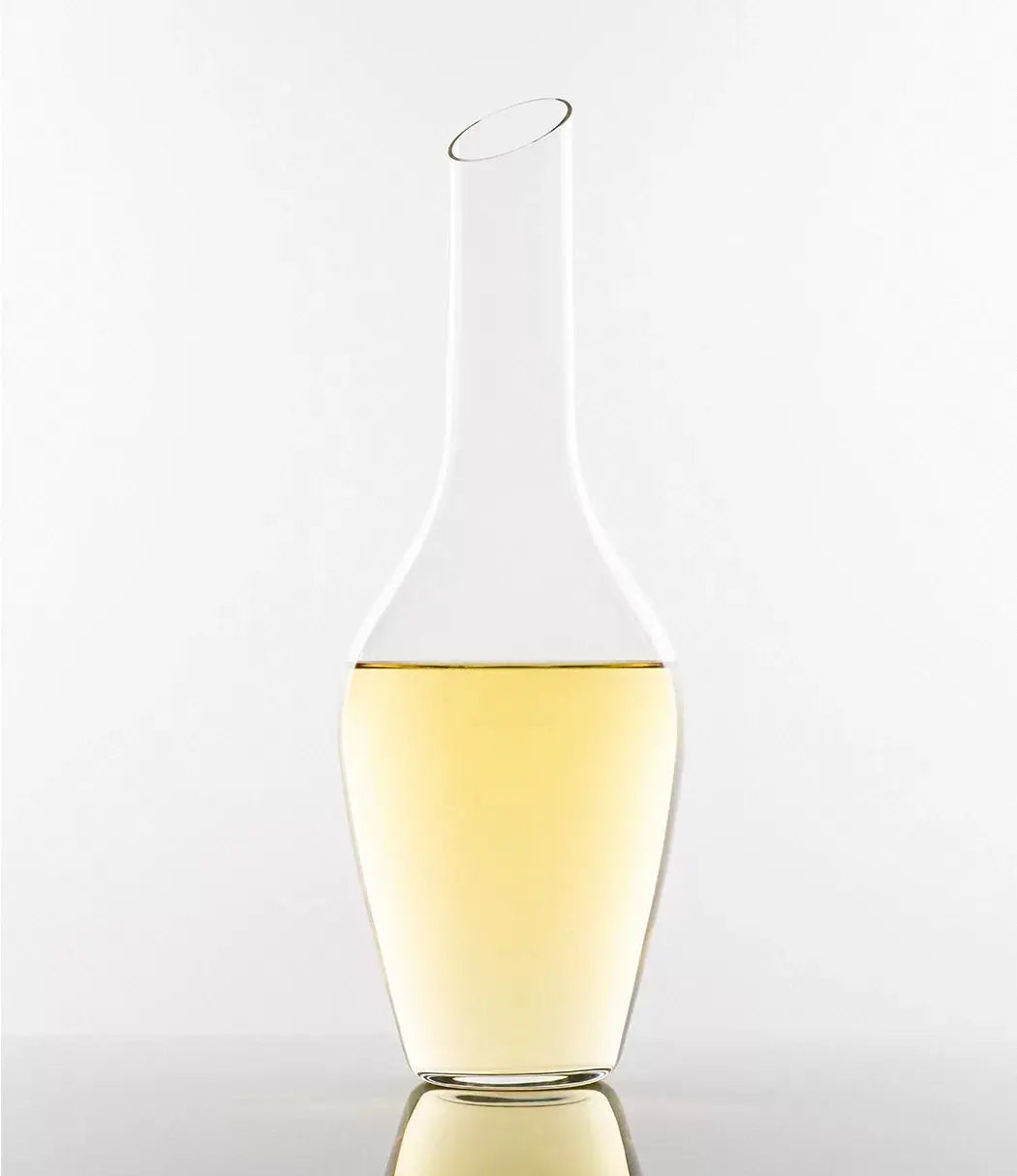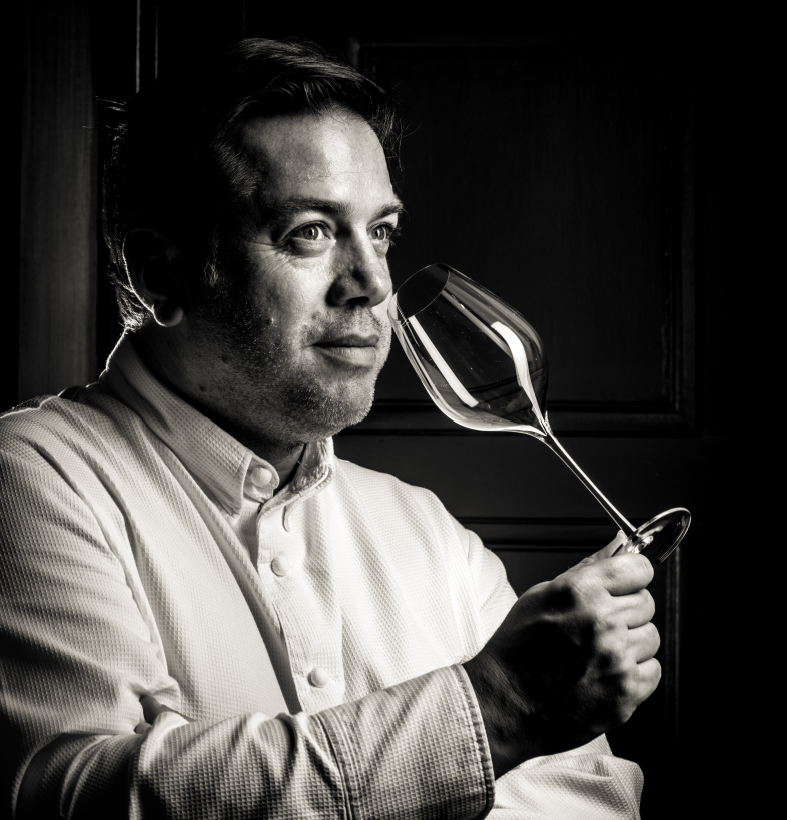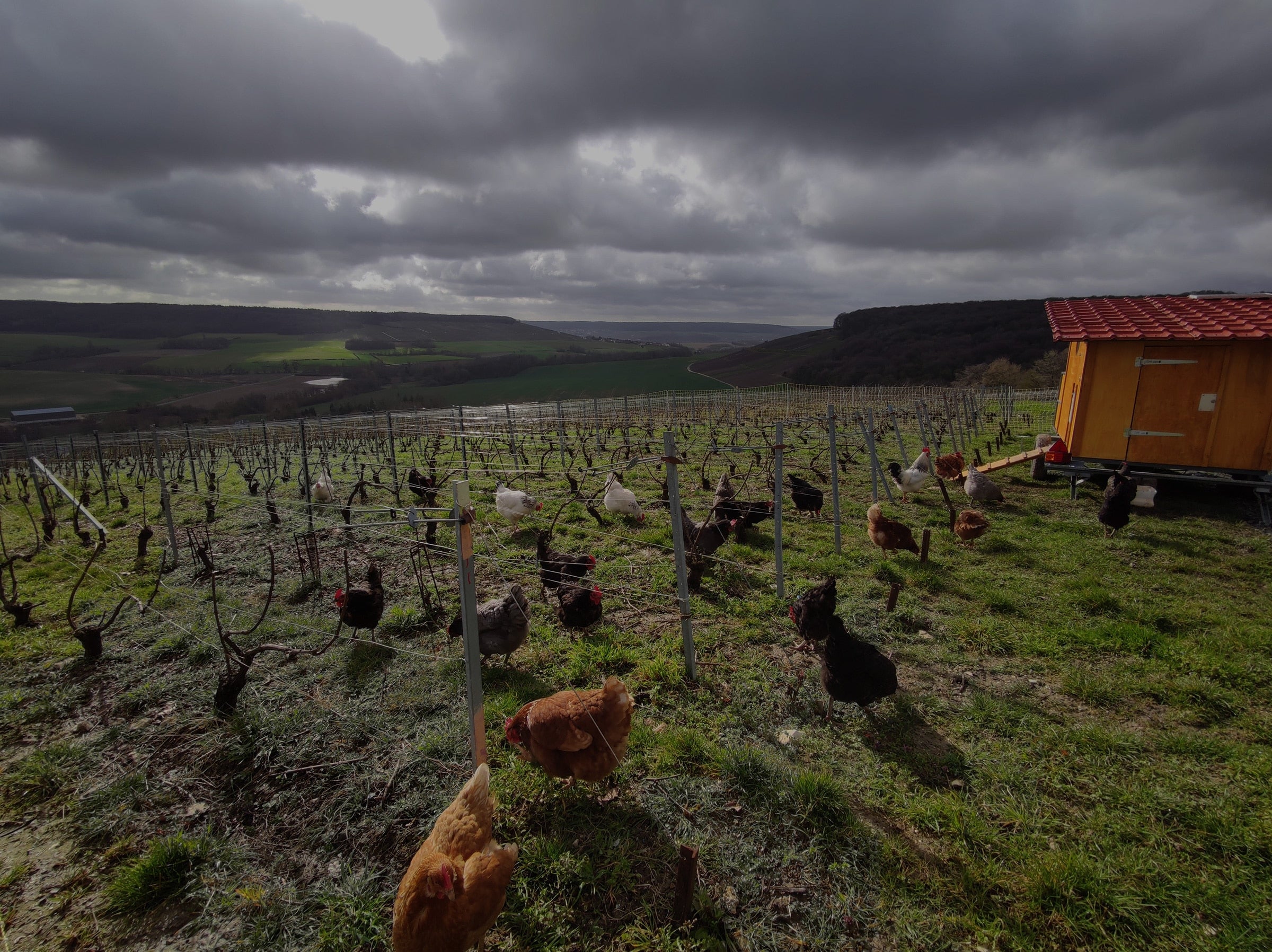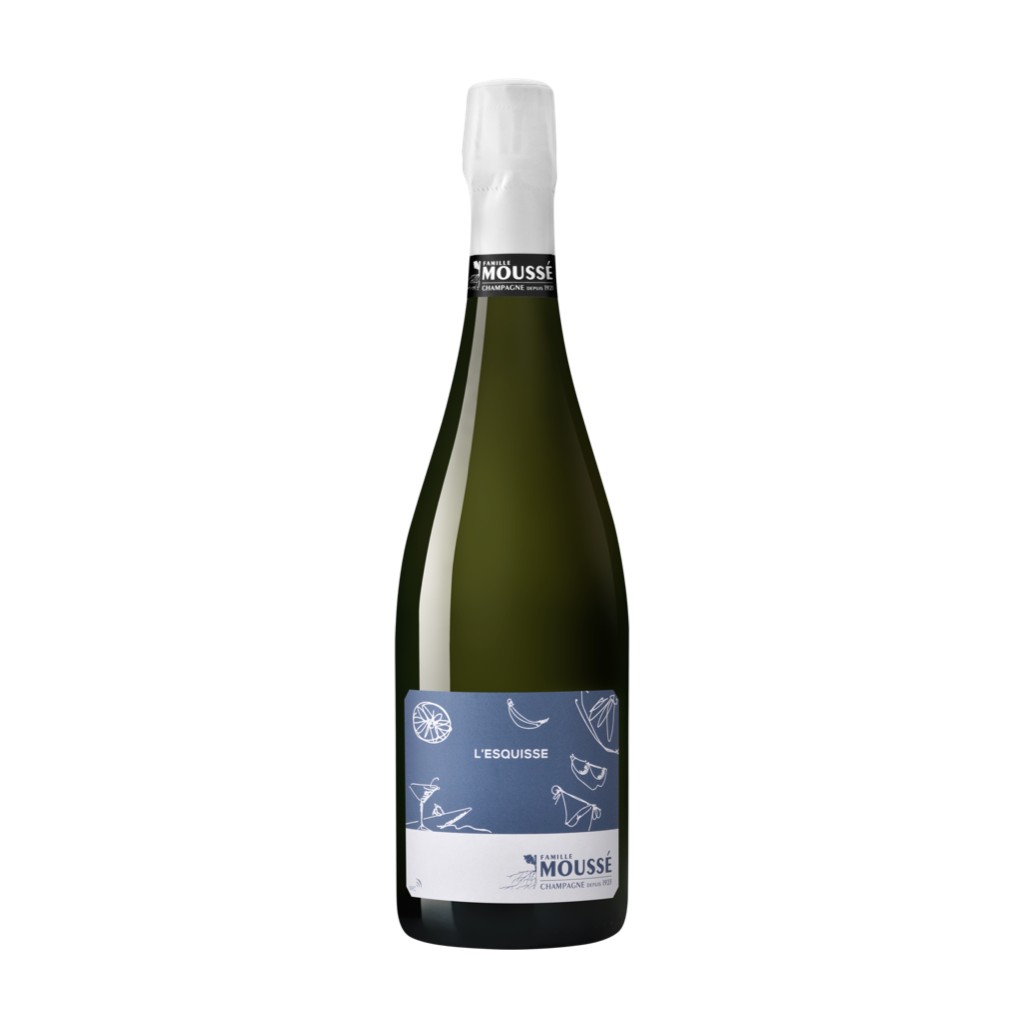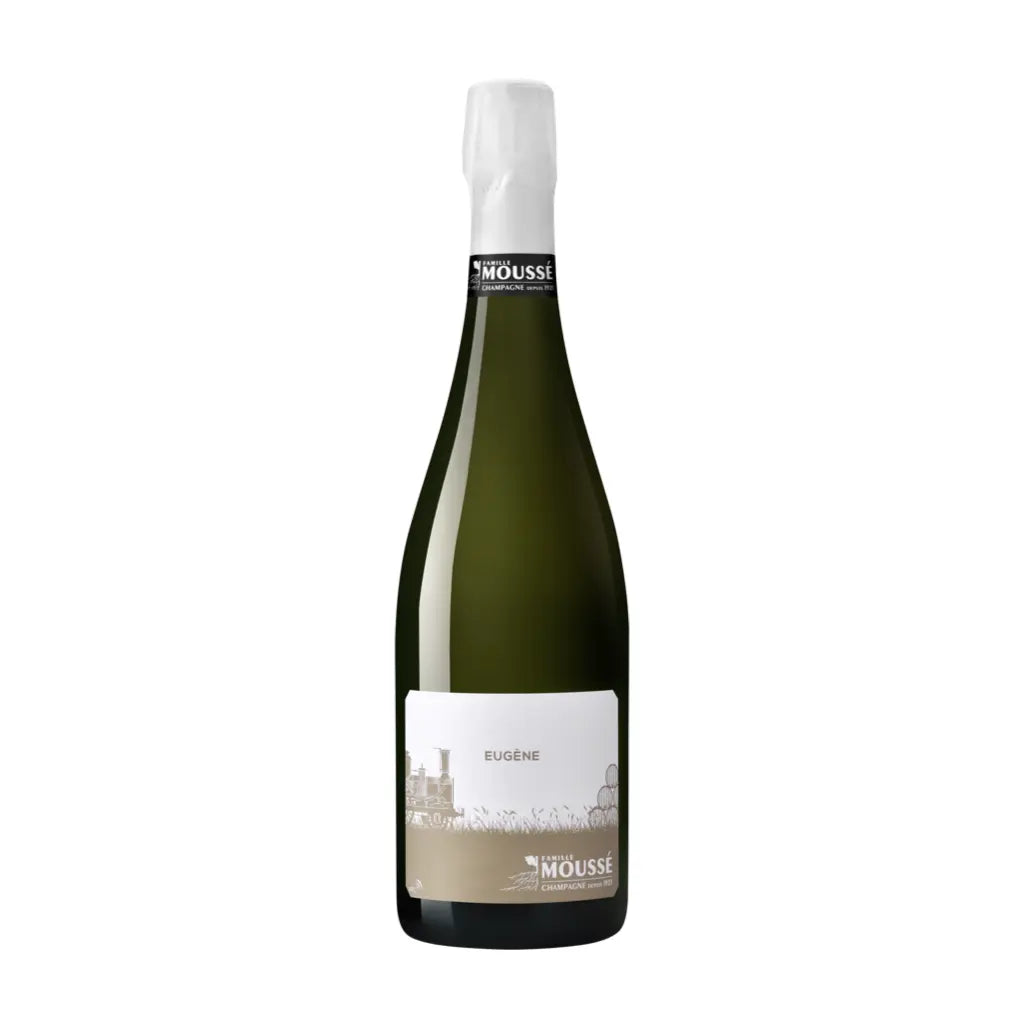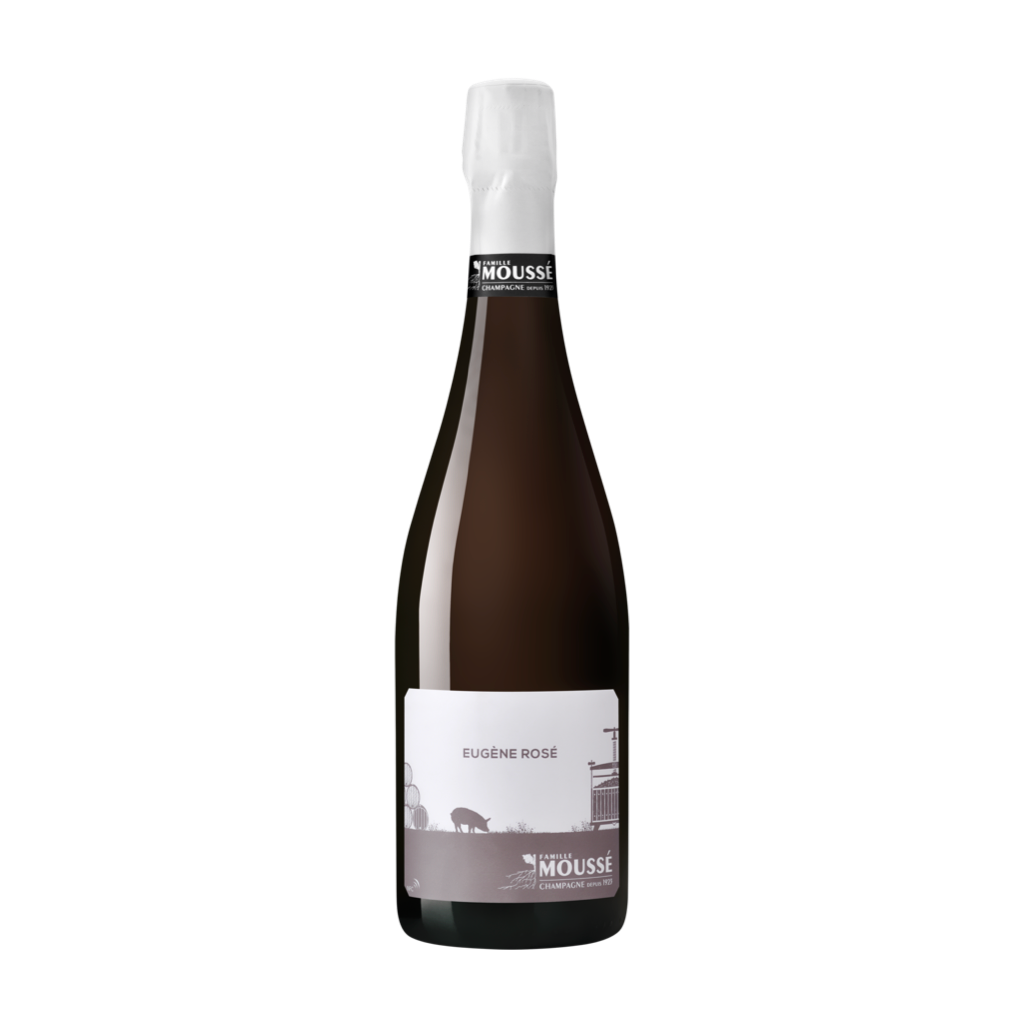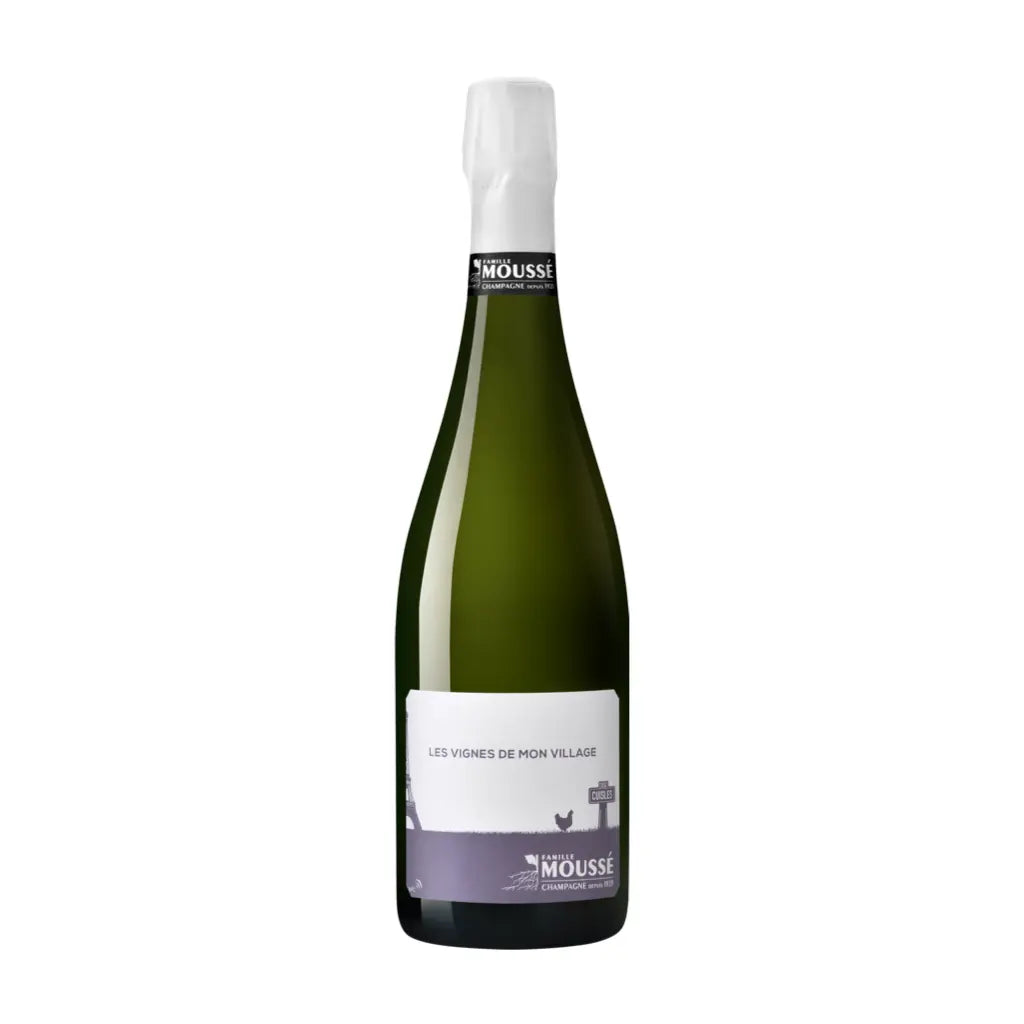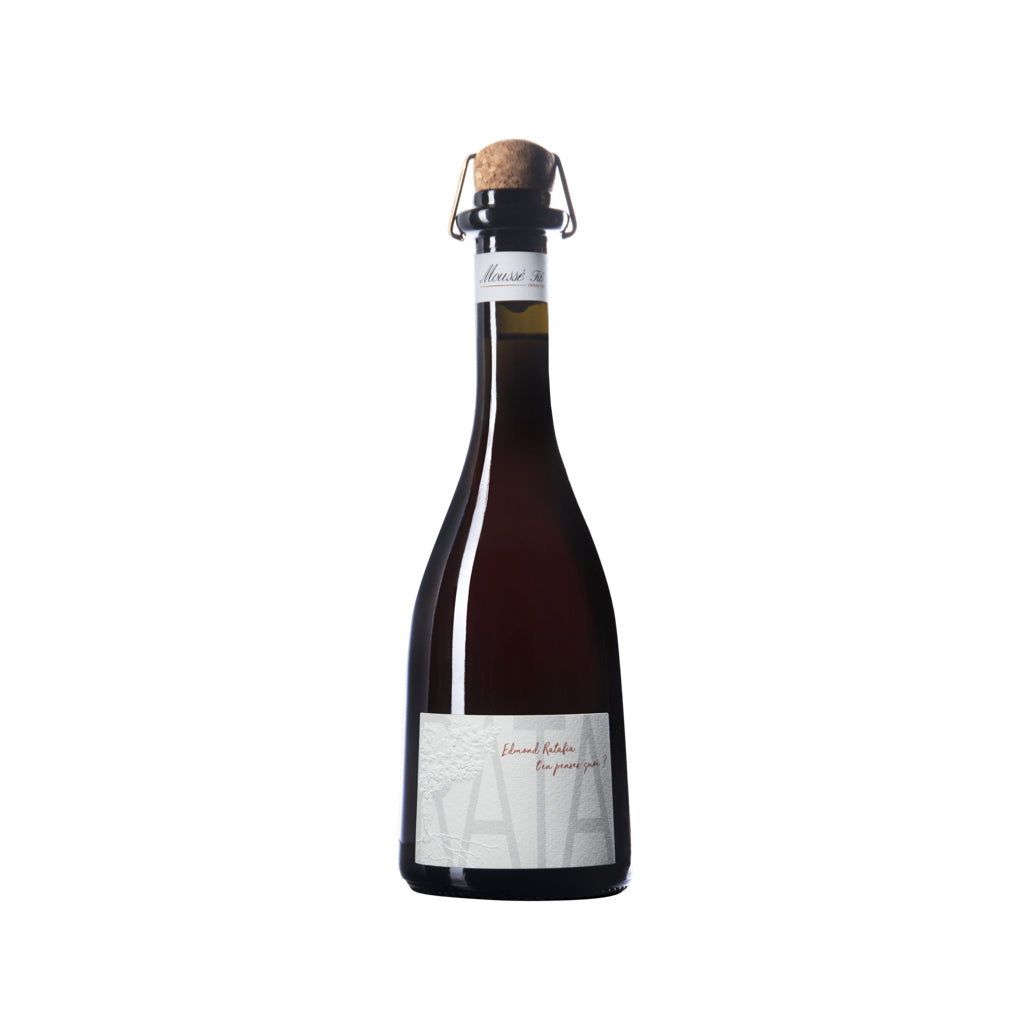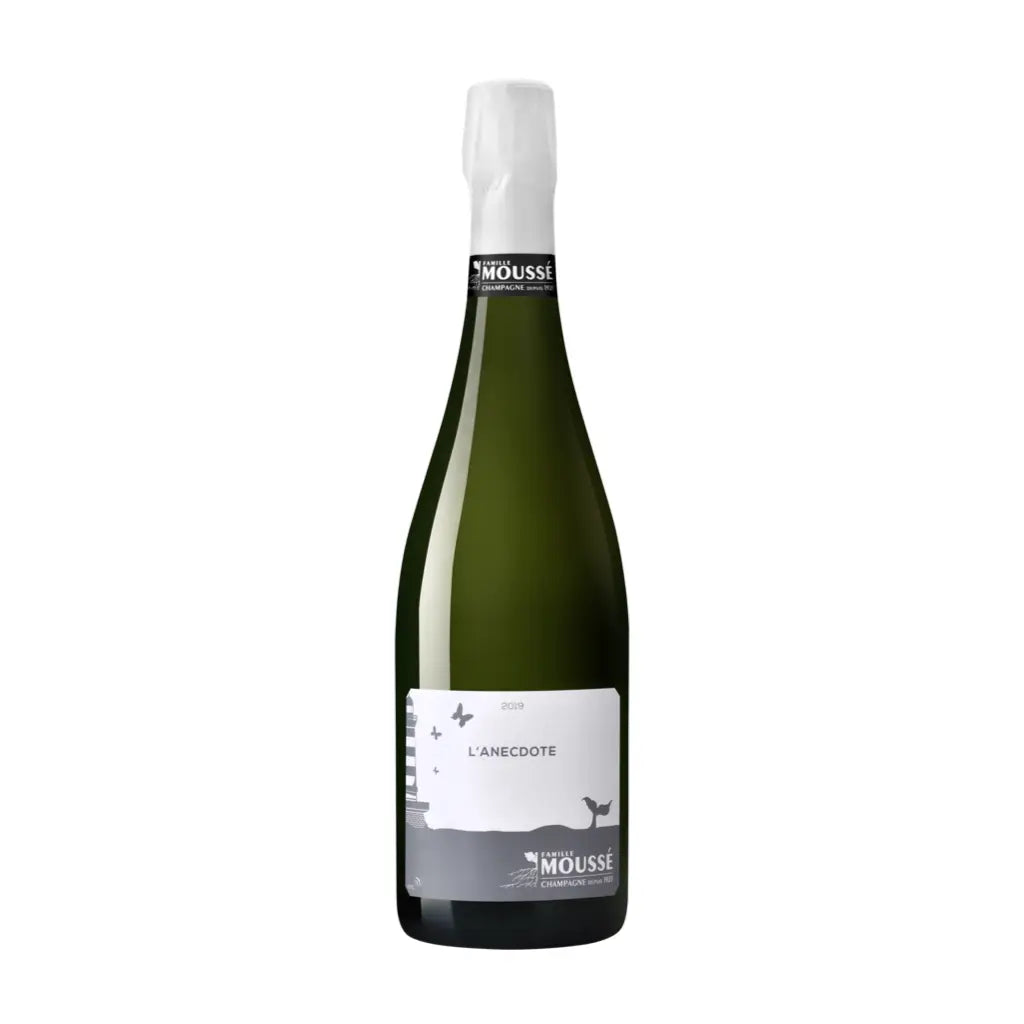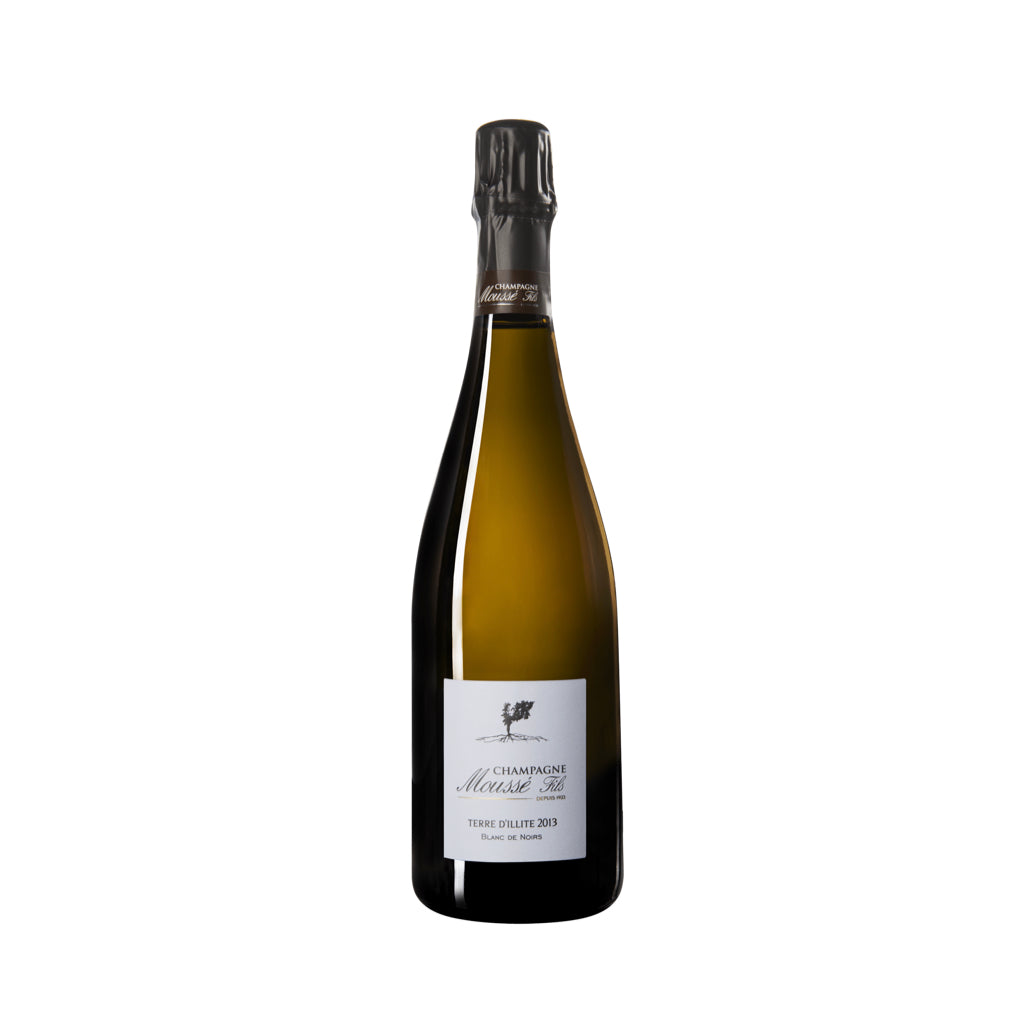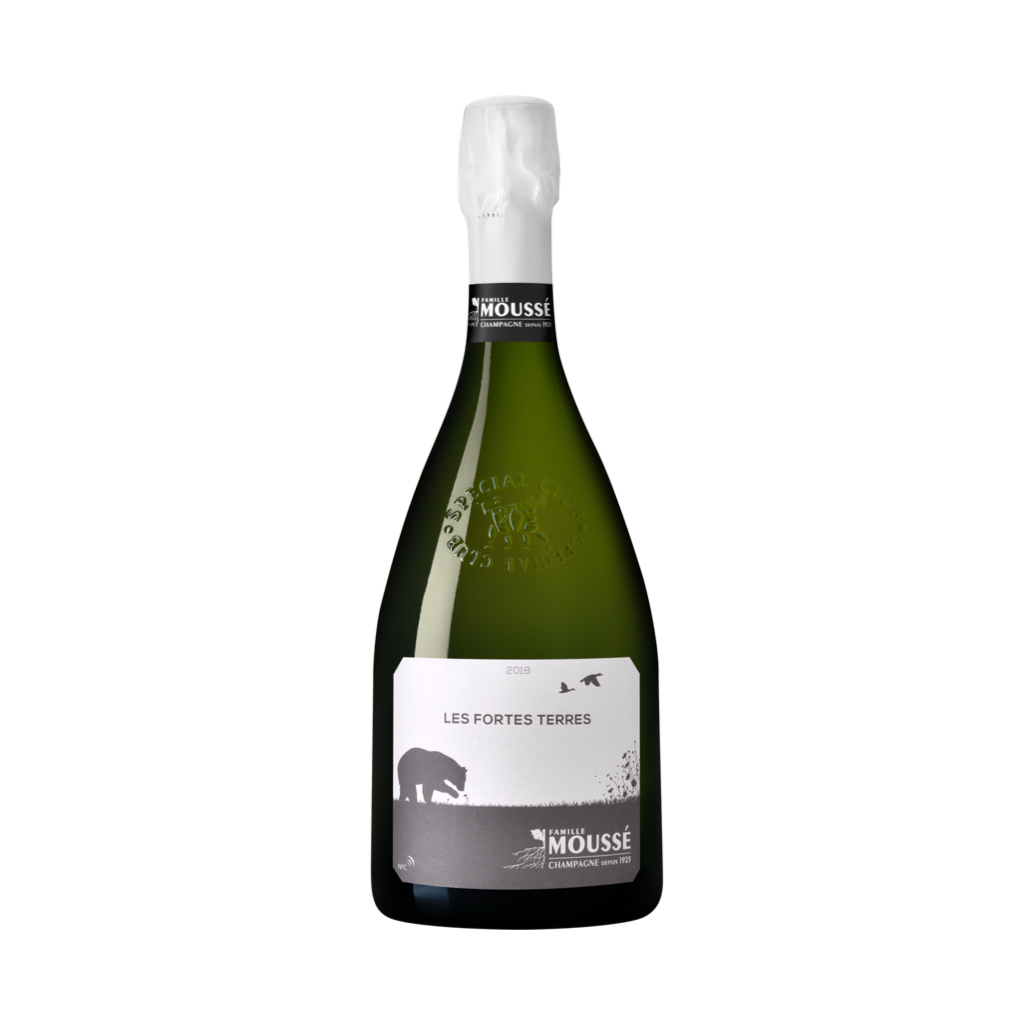Located in a small valley perpendicular to the Marne in the village of Cuisles , the Champagne house, since 1923 works a Meunier with an identity on a green clay terroir .
Spread mainly over 3 different villages , the vineyard is nevertheless located on the same hillside, facing due south. “We are doing everything we can to stand aside for the benefit of this grape variety and this unique terroir.”
“Winegrowers for 12 generations from father to son since 1629 and winemakers for 4 generations, we think about every step to limit our impact on the environment . Nature is our tool, we must take care of it.”
The vinifications are as non-interventionist as possible with clear objectives, pure, taut and natural meuniers.
2003: After several years of training in different vineyards and at the CIVC experimental vat room, Cédric Moussé spent a lot of time experimenting in the vines of the family farm.
The desire to go very far in a ultra responsible production with a deep sustainability is emerging very quickly.
In 2014 , the bet to completely stop synthetic pesticides was successful. The requirements have been very clear since then: produce better and cleaner .
In 2017 , a break is made on the winemaking. A single idea in mind, to remove all the masks (sugar during disgorging, oenological products, petroleum sulfur, new wood, oxidation, etc.). This is the starting point for years of research and a profound modification in the wines.
Following a meeting with Fred Niger , brilliant Muscadet winemaker, the next few years will be devoted to raising the vibration level of the wines.
Various projects are underway, always with the zero carbon objective and qualitative improvement in mind. The future is going to be interesting.
- Recycling water to humidify compost in summer
- Homemade compost
- Harvesting tool limiting oxidation in order to significantly limit the use of sulfur
- Using lightweight bottles to reduce CO2 emissions
- Using uprooted vines to heat homes
- Thermal regulation of the cellar by a climatic well
- Environmentally friendly vineyard protection
- Solar hot water production on each building
- Planting according to lunar rhythms
- Switch to natural cold when winter allows it
- Decontamination of tractors in a specialized washing station
- Fully eco-designed cellar
- Ice tray with corn alcohol
- Electric autonomy
- Working the soil on horseback for vines inaccessible to tractors
- Use of essential oils against wood diseases
- Using Plants to Heal Plants
- NDTech 100% natural corks guaranteed to be free of cork taste
- Importance of the ecosystem
- Green clay: the identity of our land
- Thermoregulation with homemade marc de Champagne
- No chemical weeding
- 10 weather stations spread across the vineyard
- Use of spring water
| Appellation | Champagne |
| Domaine | Famille Moussé |
| Catégorie | Winemaker |
| Vignerons | Cédric Moussé |
| Terroir | Vallée de la Marne |
| Villages | Cuisles, Jonquery, Châtillon-sur-Marne |
| Cépages | Meunier, Pinot Noir, Chardonnay |
| Surface | 7.0 hectares |
| Parcelles | 65 |
| Production | 90000 |
| Création | 1923 |
| Viticulture | Bio non certifié |
FAQ
Where can I buy the Champagne Famille Moussé at the best price?
At Succul', our partner online wine merchant and specialist in grower Champagne.


